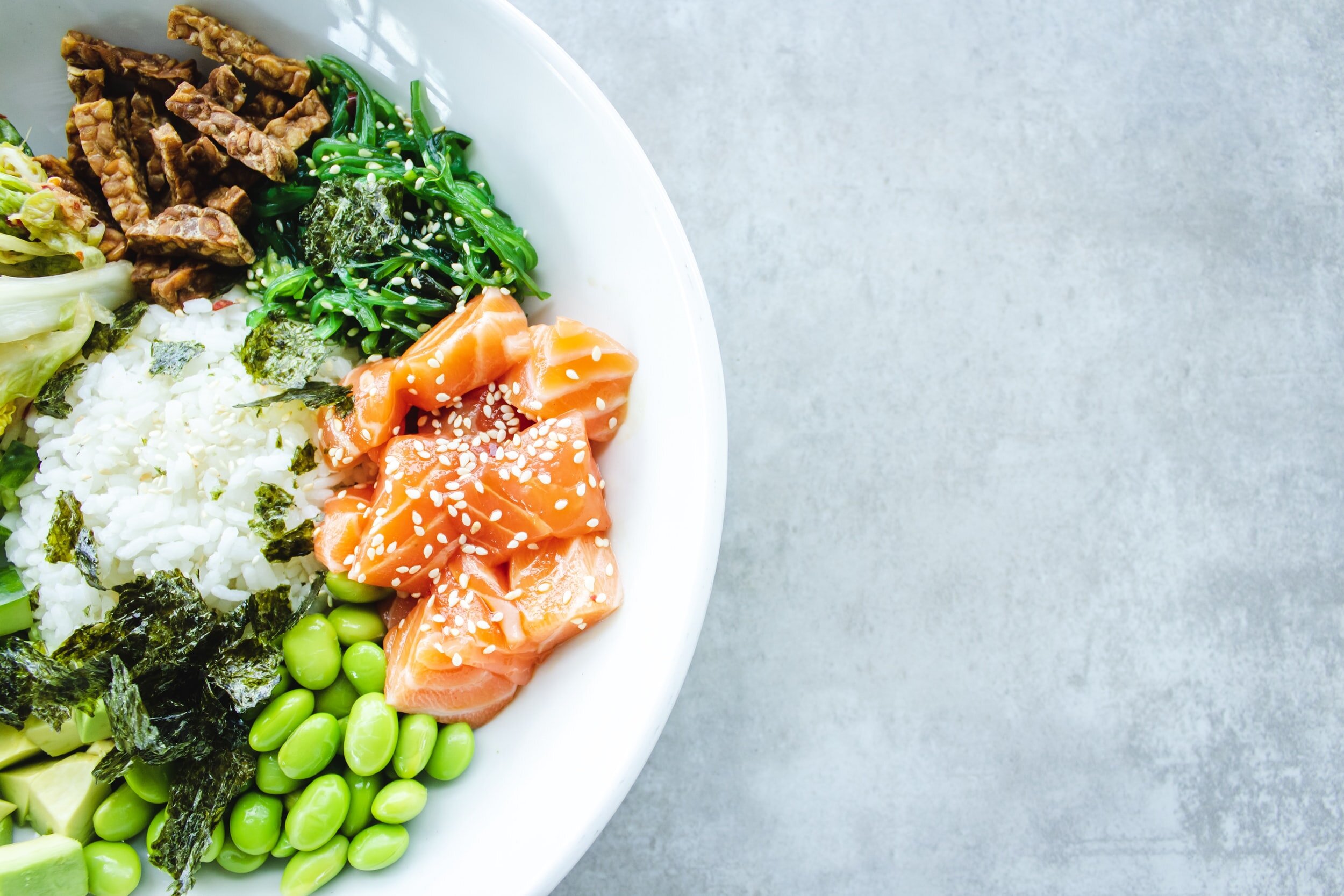Simple changes to your existing diet to reduce inflammation
Inflammation is a word we often associate with the negative, but the truth is that when it occurs normally, it does so as a way for the body to fight an attack. Inflammation is an important part of our body’s defense mechanism when it detects an intruder, but it can also occur as a mistake. Our body doesn’t always get it right, and sometimes detects itself as an intruder - kind of a funny mistake to make, except the results are nothing to laugh about!
Chronic inflammation can occur as a result of many diseases, such as arthritis and asthma, and it can be pretty unpleasant. If you’re looking for ways to ease your inflammation without a massive lifestyle change we highly recommend taking a look at anti-inflammatory eating. The magic of food is that often you can see great results and taste delicious food while you’re at it.
Anti-inflammatory eating isn’t a strict diet, but rather a style of eating, and it can be fairly simple to include in your existing eating habits. By including more of some foods and less of others, your body can have a greater time keeping inflammation at bay.
What does inflammation look like?
If you’re reading this and you’re unsure whether you have inflammation or not, common signs of it are:
Redness or swelling
Fatigue
Rashes
Abdominal or chest pain
Great foods to eat to reduce inflammation:
If you’re looking at adding things in to fight inflammation, Harvard has a few easy recommendations.
Tomatoes
Olive oil
Leafy greens
Nuts
Fatty fish
Fruit
These foods are all high in antioxidants, your best tool against inflammation, and the great news for you is these all taste delicious. Even if there are a few specifics you don’t like (plenty of people don’t like tomatoes, although we think they're great), you would be hard pressed to find something in this list that you don’t like. If you’re concerned about inflammation, it’s a great idea to look at ways you can include these in your existing eating habits, whether that’s swapping out the kind of fish you eat, or adding a handful of spinach to the recipe at dinner time.
Foods to avoid:
Surprising nobody, Harvard has identified common “unhealthy” foods as a risk for inflammation. We put quotes around unhealthy, because we still believe everything in moderation, but as a general rule you should probably be limiting your intake of these if you are concerned for your health.
Refined carbs like pastry
Fried foods
Carbonated/fizzy drinks
Red or processed meat
Margarine and lard
It almost seems as though every “bad” food is listed on here, but in fact these food groups are chosen because they have links to chronic illnesses that experience inflammation. If you feel as though you can’t live without some of these foods, if you are concerned about inflammation this could be an opportunity to look at which ones you perhaps can reduce or avoid altogether.
When it comes to your health, it’s important to listen to your body and nourish it the way it needs you to. Everybody and every body is different, so find what works for you!



